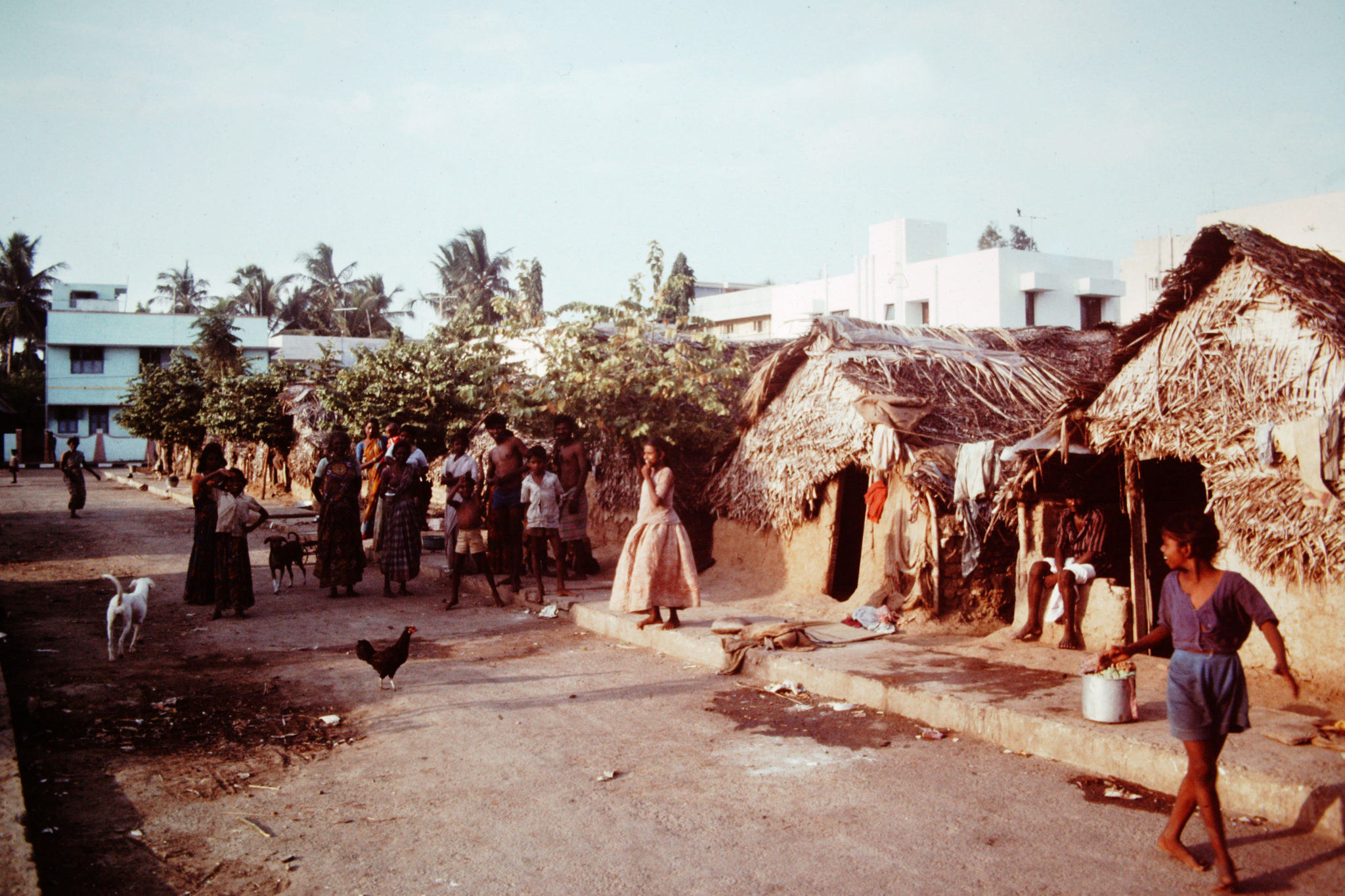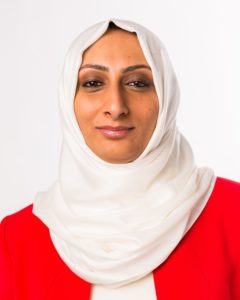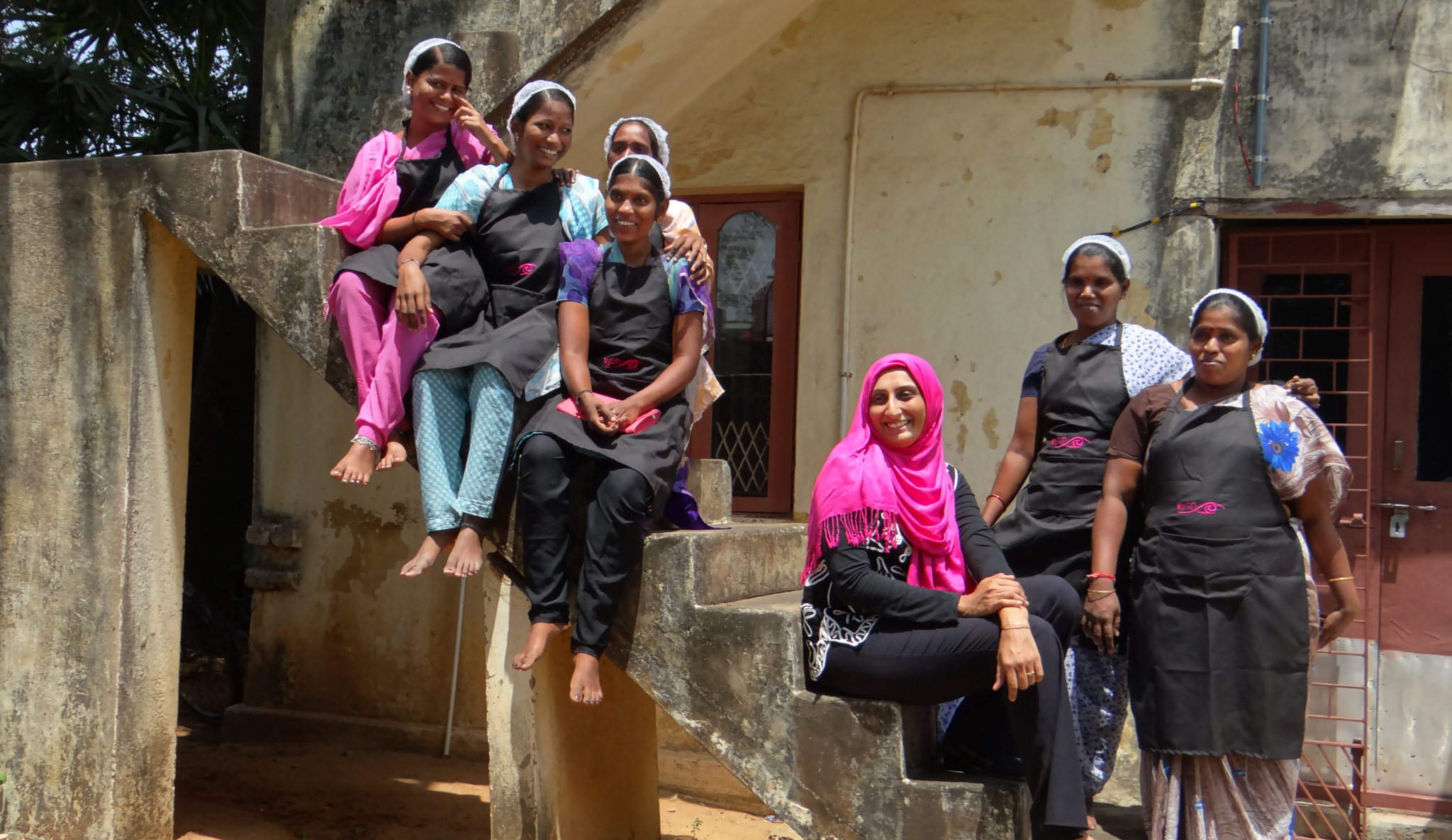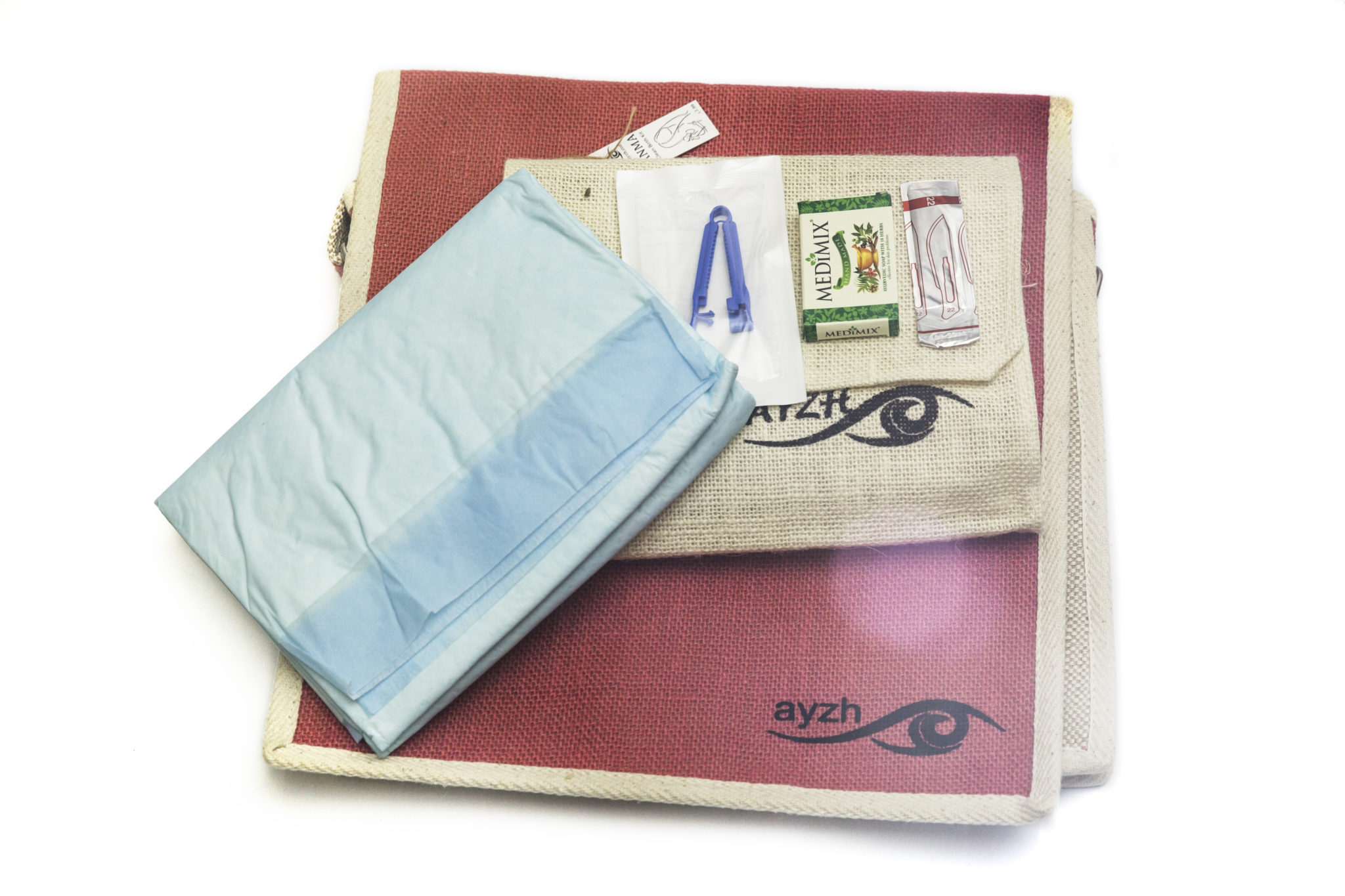Manufacturing an End to Maternal Mortality
Blending engineering and business to save lives and benefit communities

In the sprawling slums of urban India, many voices go unheard.
Growing up in Chennai, India, in the 1980s, Zubaida Bai became acutely aware of the daily struggle so many in her community go through to survive. At a young age, she was exposed to the social and economic hardships faced by women in the rapidly growing city, where roughly one in five people live on less than $1.90 a day.
“I saw women around me whose potential was not being recognized,” said Bai, which stoked a desire to give back to those she cared so deeply about.
The first in her family to attend college, Bai worked to pay for her education as she went on to complete a bachelor’s degree, and then a master’s, both in mechanical engineering, finishing her course work in Sweden.

Determined to bring what she learned back home, Bai returned to India and spent four years as an engineer developing appropriate technology solutions, emphasizing ideas that have the biggest impact — instead of just using the latest technology.

Her efforts focused on delivering much needed products to low-resource communities. As the work wore on, the realization set in that too many great innovations never got out of prototyping and into the hands of those who needed them most.
She began exploring other outlets to help the women in her community and saw business as a path forward.
This approach was not dependent on charity, but driven by effectively serving those in need.
“Business can innovate solutions to reach underserved populations in new and more enduring ways,” said Bai.
A Different Kind of MBA
Wanting to learn how to succeed as an entrepreneur, she enrolled in the Global Social and Sustainable Enterprise M.B.A. program – now the Impact MBA – at Colorado State University’s College of Business. This program was a natural fit with her personal and career goals to solve social, economic, and environmental problems around the world.
“No woman should die or suffer from a preventable cause, especially while giving life in childbirth.”
— Zubaida Bai
“I wanted to figure out how to sustainably bring appropriate technology to market for significant and scalable impact,” she said.
For her field research as an M.B.A. student, Bai traveled to rural India to look for ways to empower the women living there.
“I discovered that some midwives used a sickle – a blade for cutting grass – to cut the umbilical cord of a newborn child. This was my ‘aha’ moment that launched me into the world of maternal health,” said Bai.
She learned that unhygienic delivery methods contributed to one of the leading causes of maternal mortality: infection.
“No woman should die or suffer from a preventable cause, especially while giving life in childbirth,” said Bai.
She went in search of solutions and was excited to find a clean-birth kit intended to help reduce infections. The kit included a sterile razor, soap, thread to tie the umbilical cord, and a delivery sheet.
However, since the product was based on charity, its availability was sporadic. Also, women who acquired the kit had an aversion to the using the blades – which were the same as their husbands used for shaving. The plastic delivery sheet smeared blood, leading women to say they’d prefer to give birth on the floor.
Watch Zubaida Bai’s TED Talk
A Business to Bring Change
Soon after completing her research and fieldwork, Bai founded a company, along with her husband and a fellow M.B.A. classmate, focused on developing a kit that would better fit mothers’ needs.
They named the venture ayzh (pronounced eyes), recognizing that to create products that worked they would have to look at the world from their customers’ points of view.

Working with mothers, as well as experts and medical health professionals, Bai went through multiple design interactions to launch the company’s first product, Janma, a $3 clean-birth kit tucked into a purse.
“Even people living on less than $2 a day will pay for products that are affordable, alleviate real challenges, and make their life easier and better,” said Bai.
“In a world where health systems are large and complex, simple, low-cost solutions often get overlooked while the real needs of women go unmet.”
Janma included a blood-absorbing sheet for mothers to give birth on, a surgical scalpel, cord clamp, bar of soap, gloves, and a cloth to wipe the baby clean.
A Growing Impact
Since 2010, ayzh has sold more than 500,000 kits that have been distributed across India and other countries, mostly to be used in heavily trafficked medical institutions that Bai describes as the health care equivalent of fast-food chains.
“McDonald’s making burgers is how hospitals in these countries give births to babies, minus the efficiency and cleanliness. … In these low-resource settings, even the most skilled health care workers are stretched too thin, lacking the tools needed to do their jobs effectively.”
In a developing country like India, Bai said many women are used to medical care that is sub-standard—such as giving birth in unsanitary delivery rooms and on dirt floors. Losing babies and mothers during childbirth is just a part of life.
When expectant mothers arrive at a hospital to give birth, the Janma kit aids doctors in ensuring a smooth and sanitary delivery. By protecting women from infection, Bai is bolstering communities in India and beyond.
“Maternal and child wellness is the foundation of health and well-being for society,” said Bai. “After a woman gives birth, there is a ripple effect. A healthy woman contributes to a healthy family and a healthy community.”
Wanting to expand the scope of the company’s impact, Bai further developed ayzh’s line of products to also address child, adolescent, and reproductive health.
With women often managing resources needed to care for other members of their families, Bai sees empowering them as a vital step in improving health outcomes, household finances, and emotional well being of people across the globe.
“I have always wanted to find ways to end that suffering,” said Bai.
With her company’s products having reached more than a half-million women, children, and infants, she’s working to make that goal a reality.
Learn more about the Impact MBA
